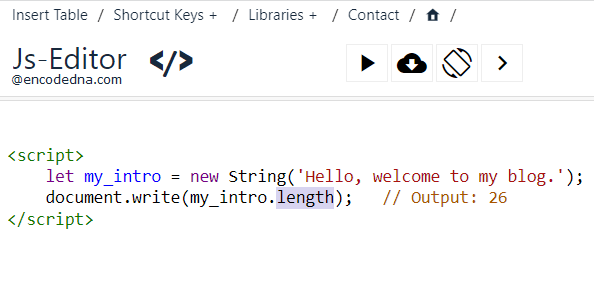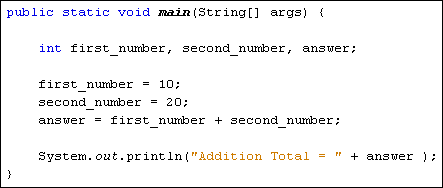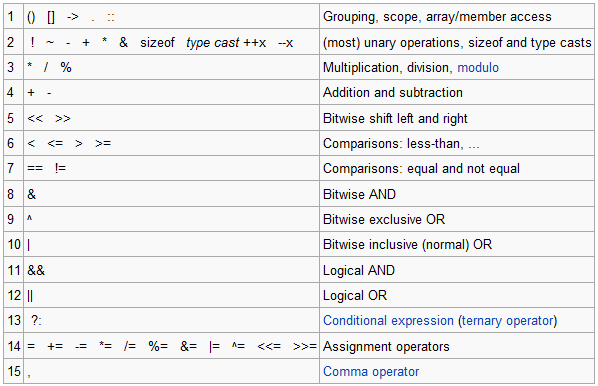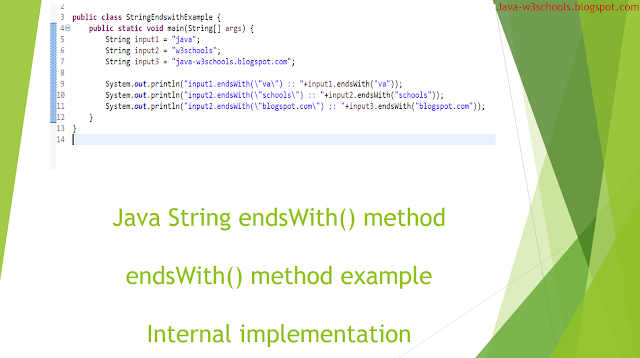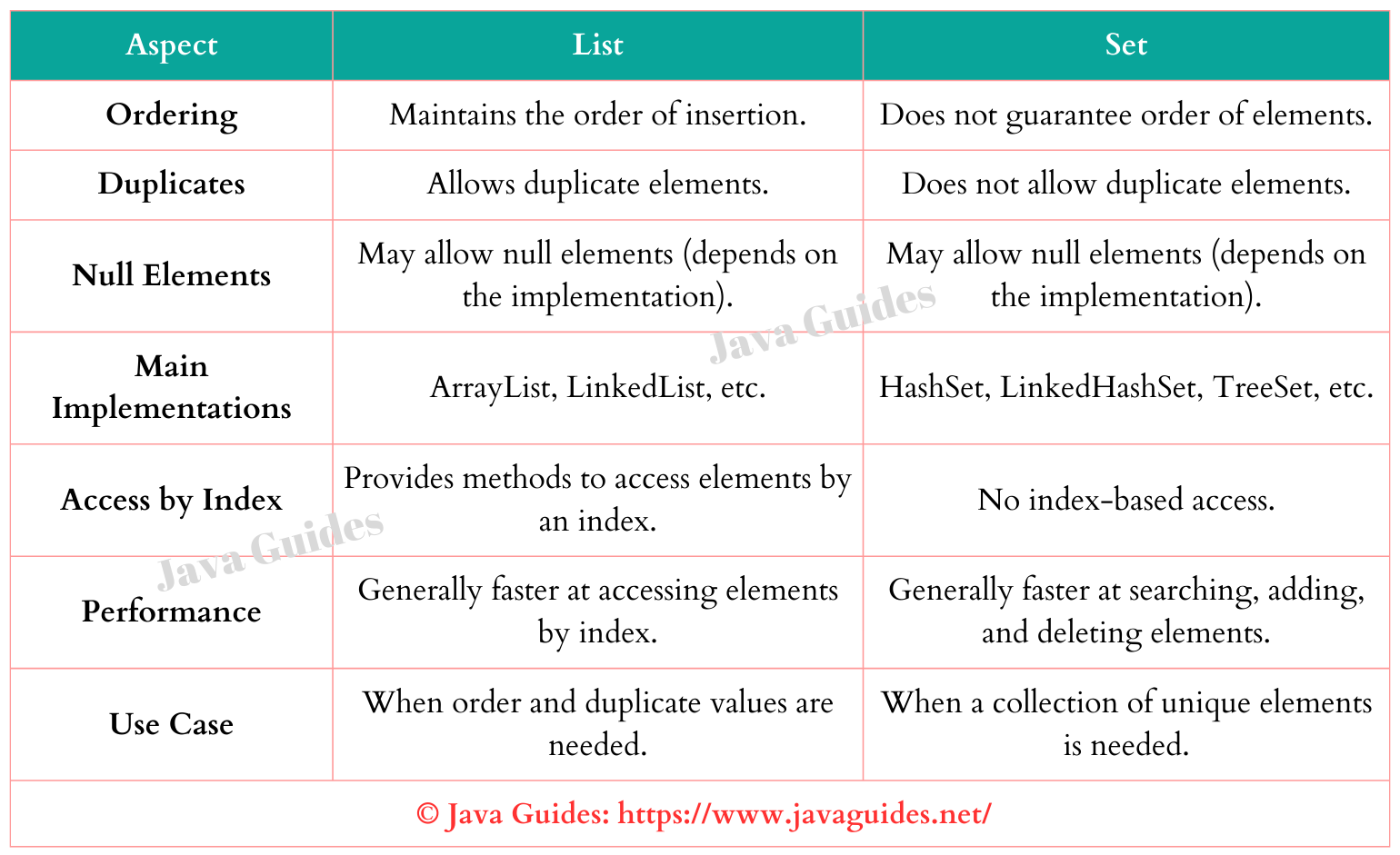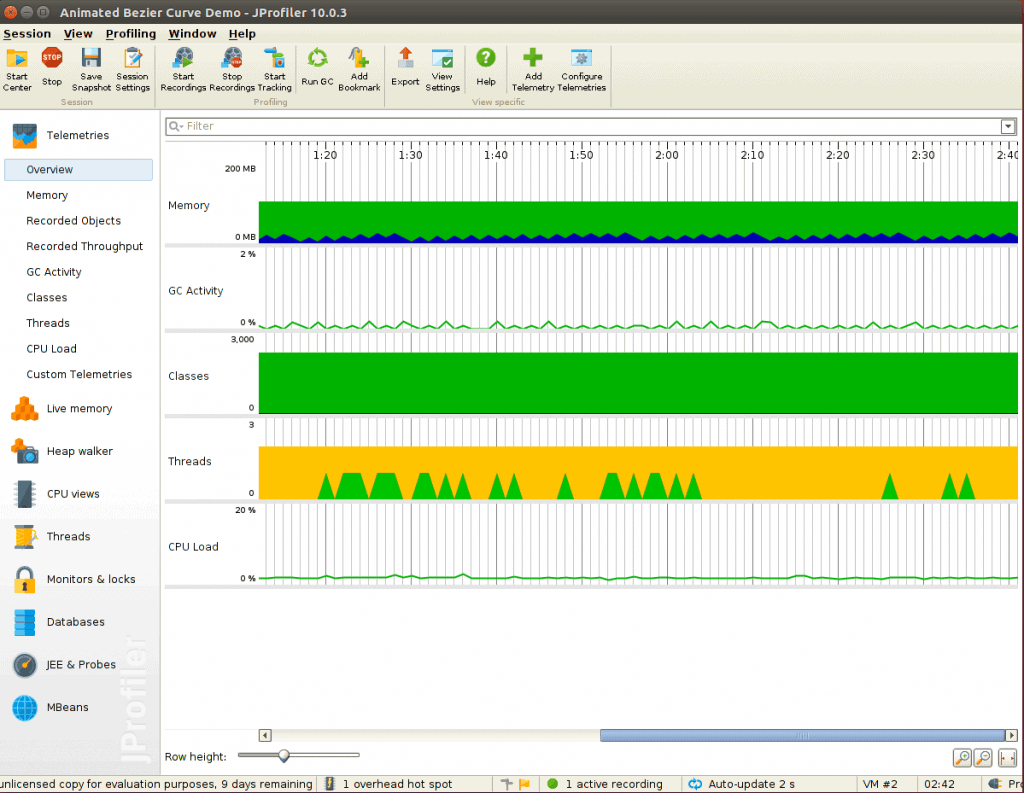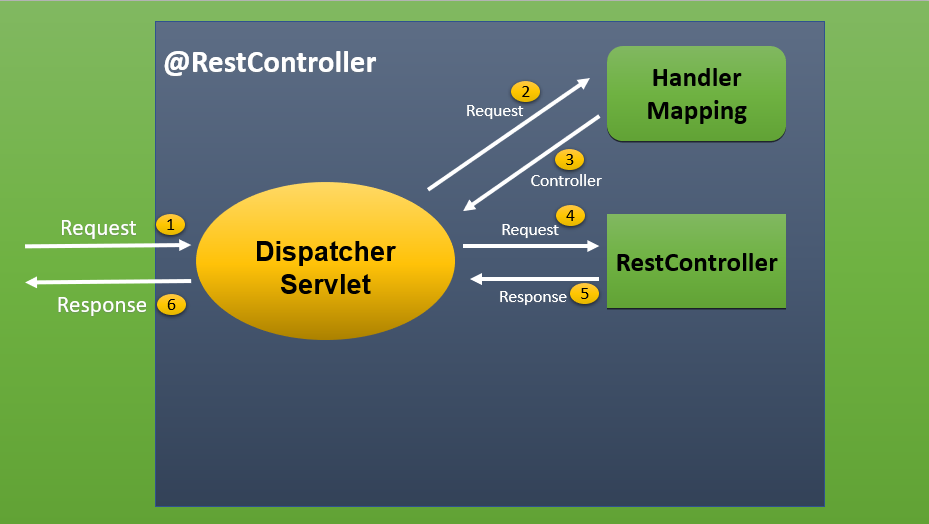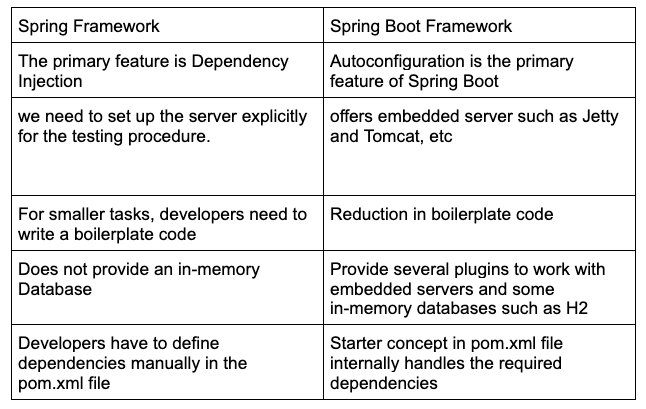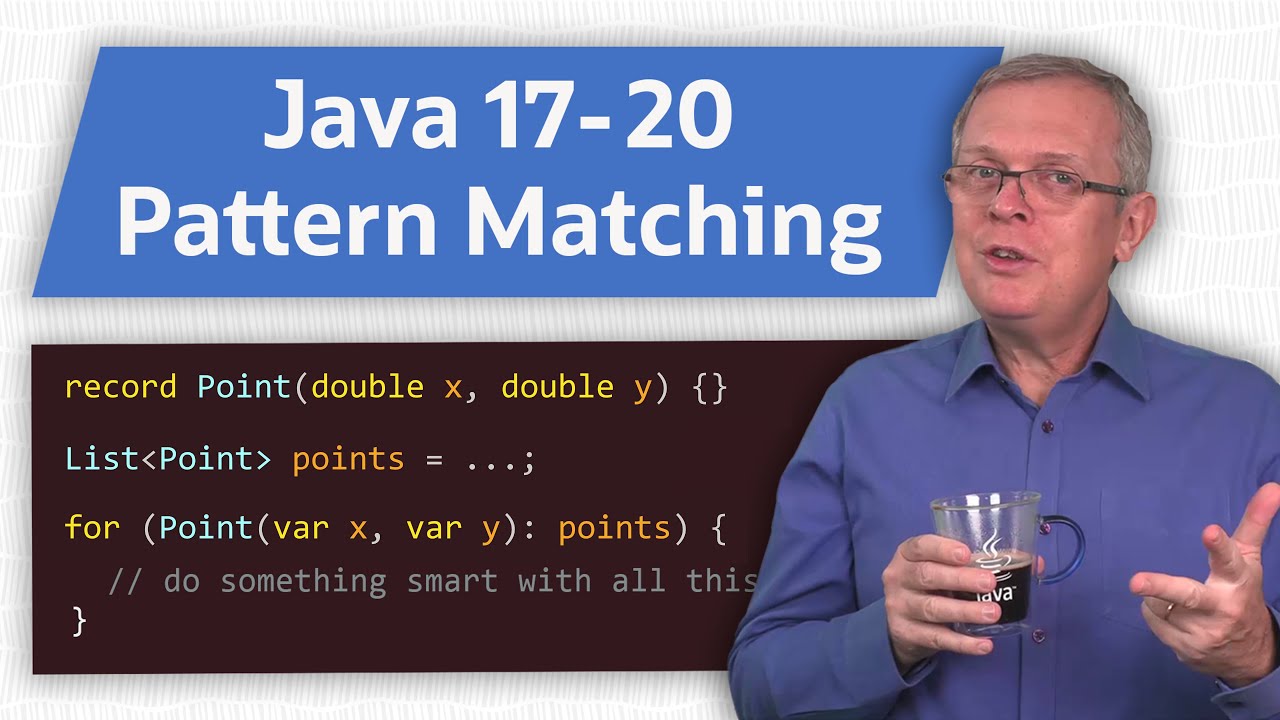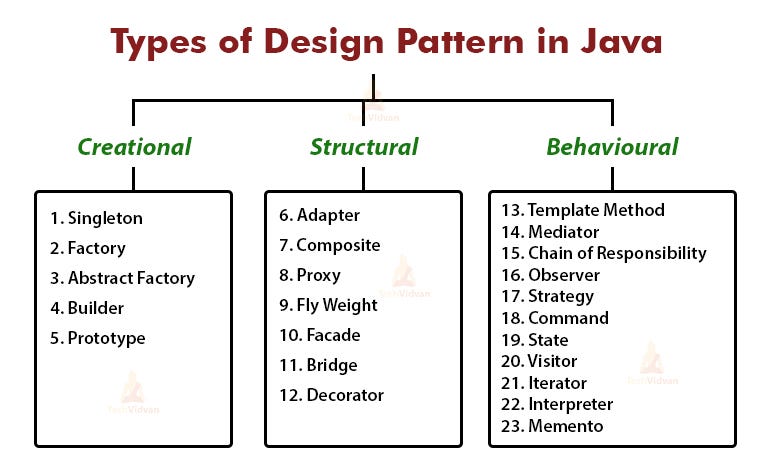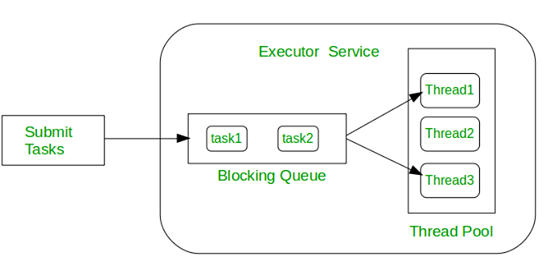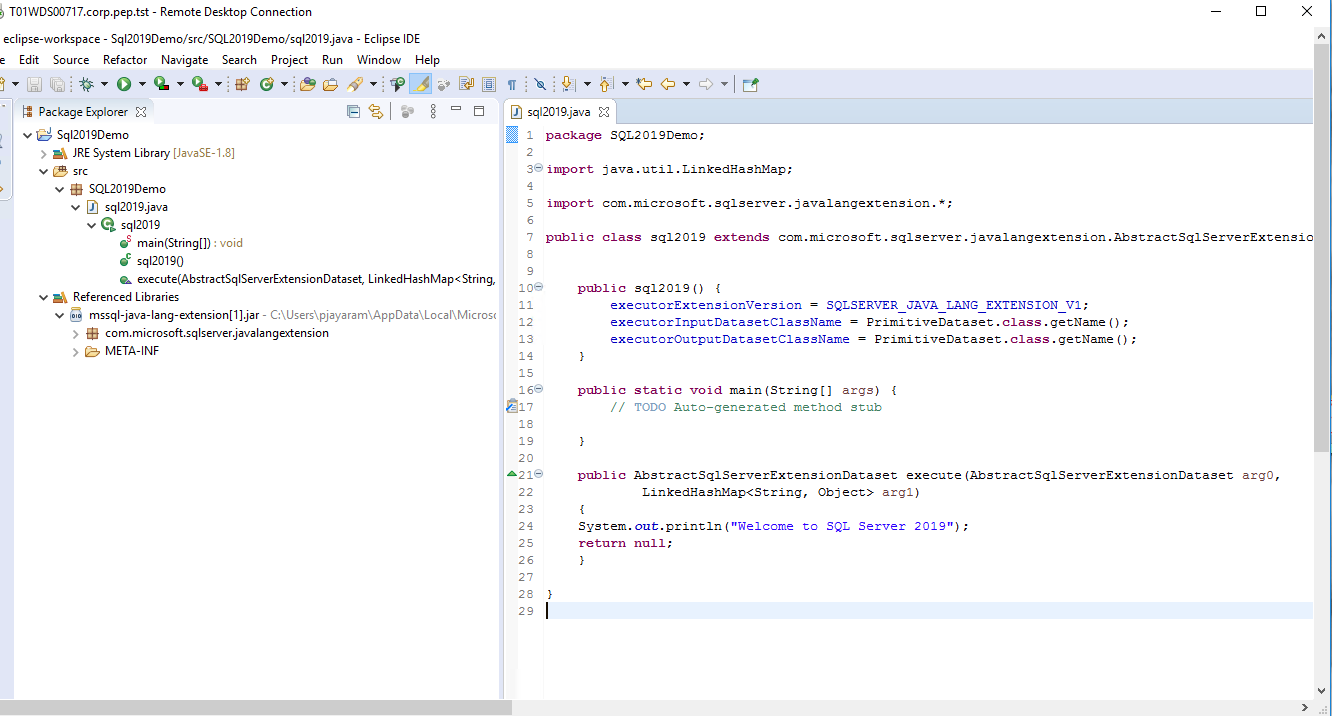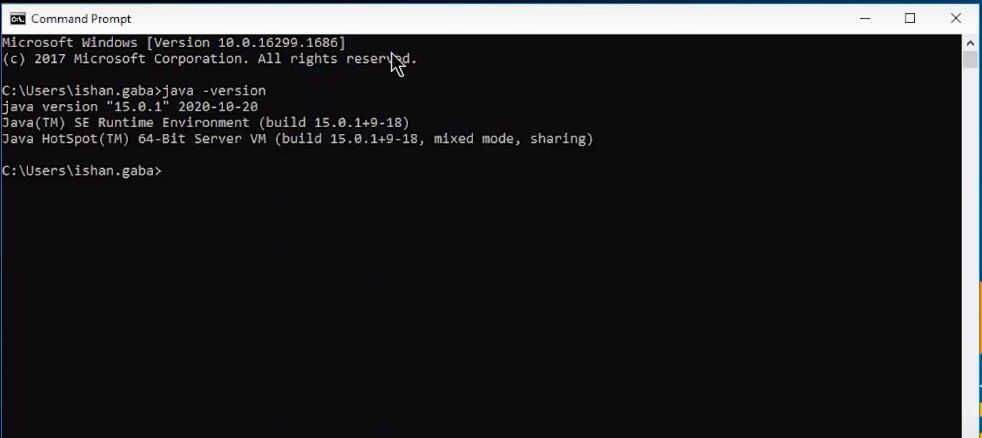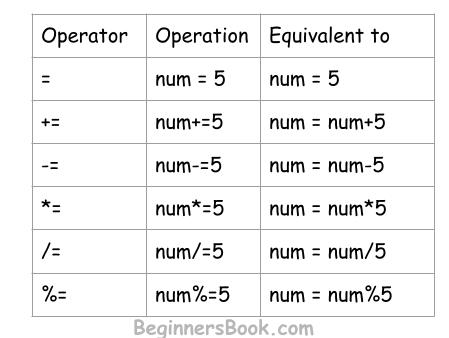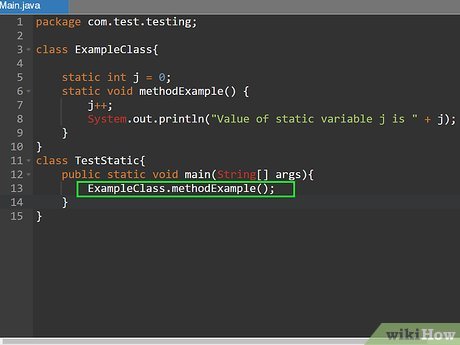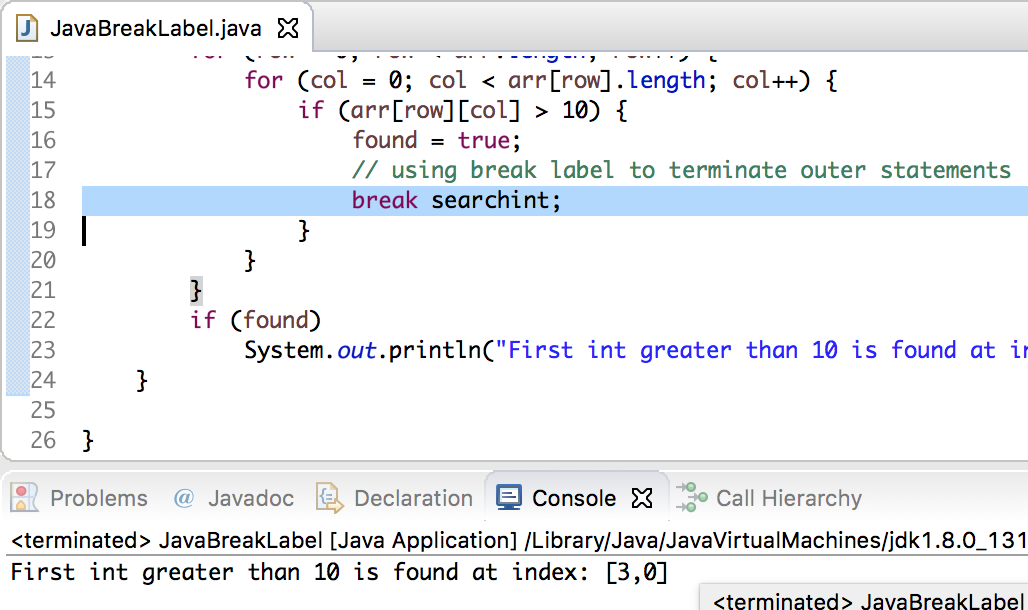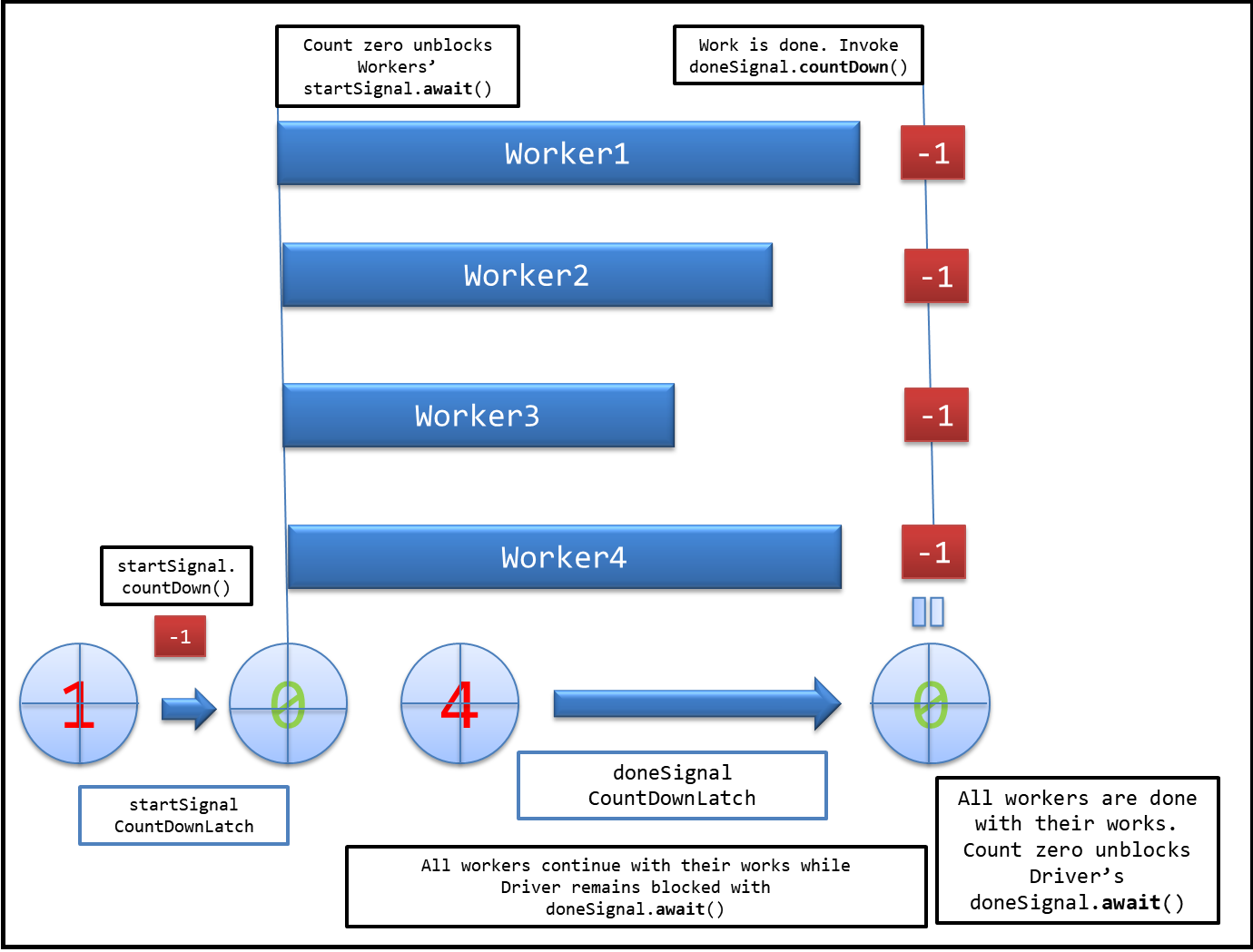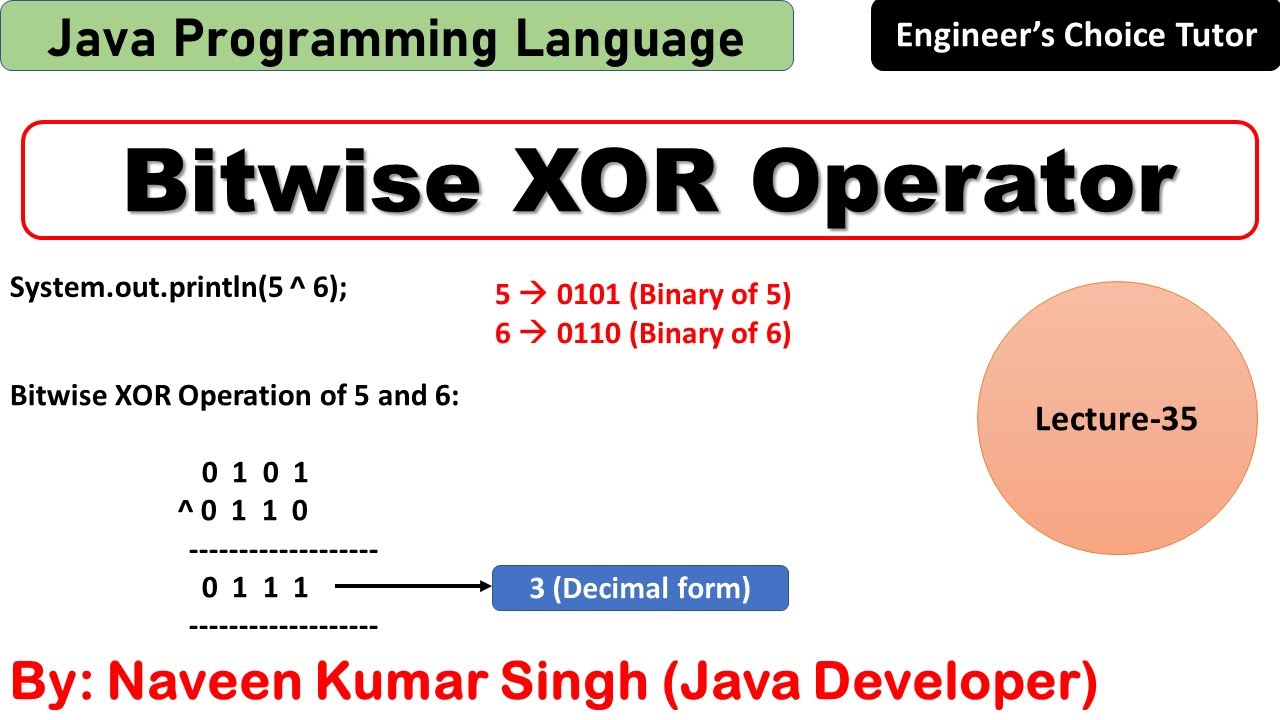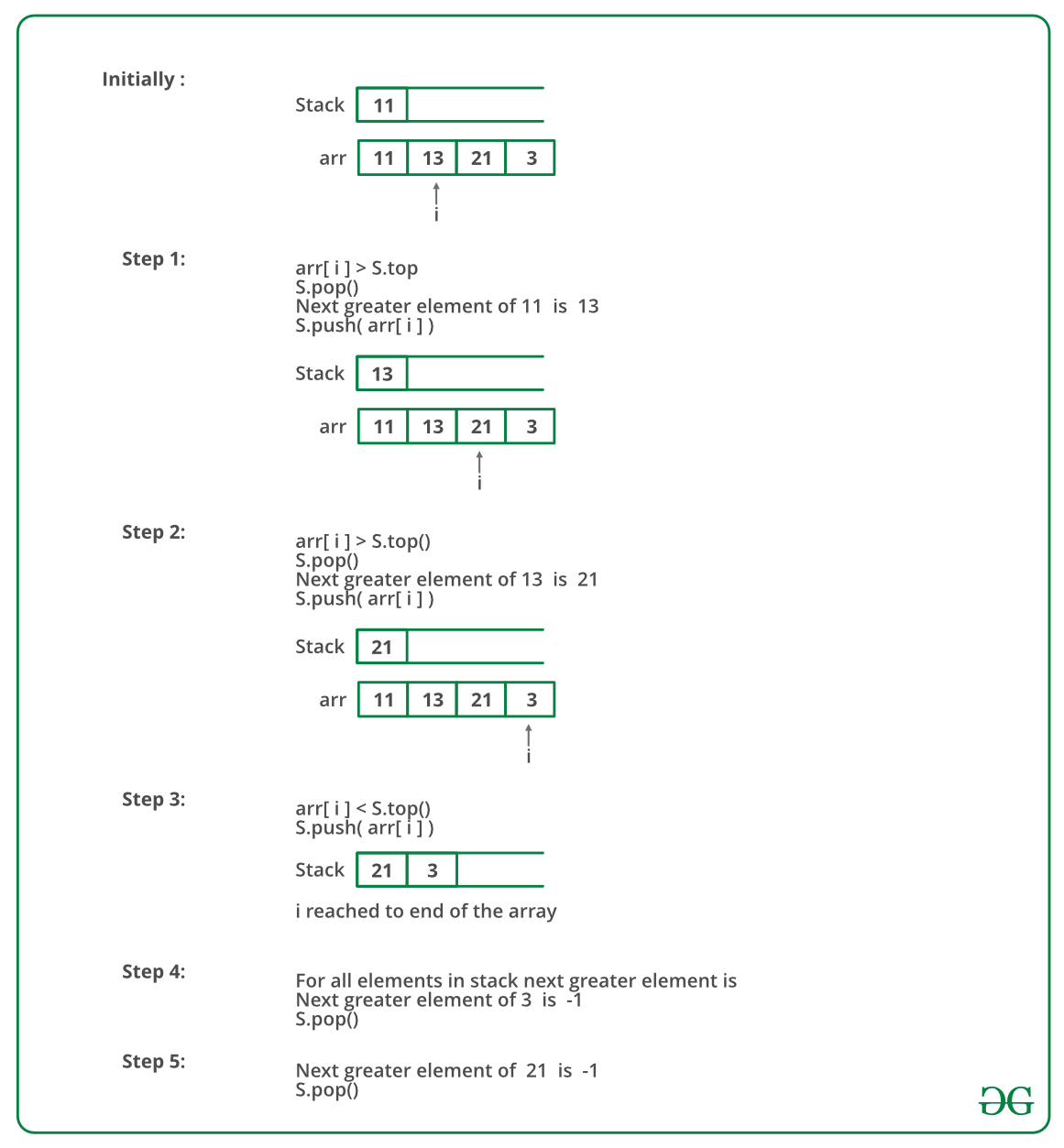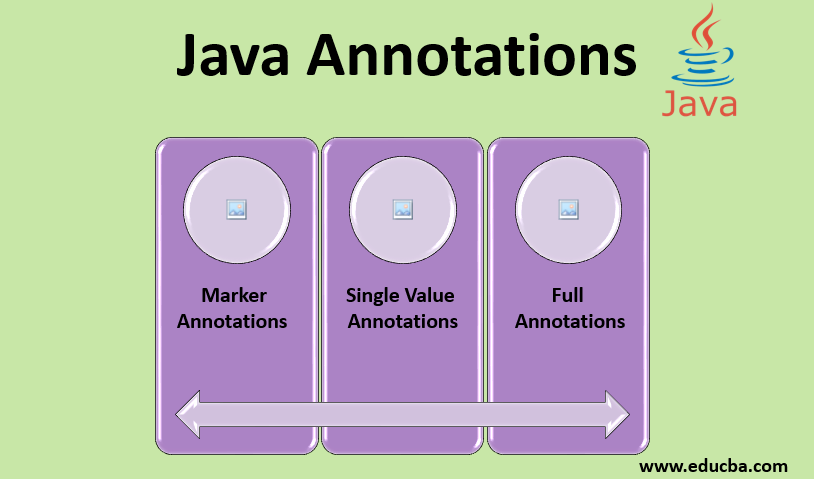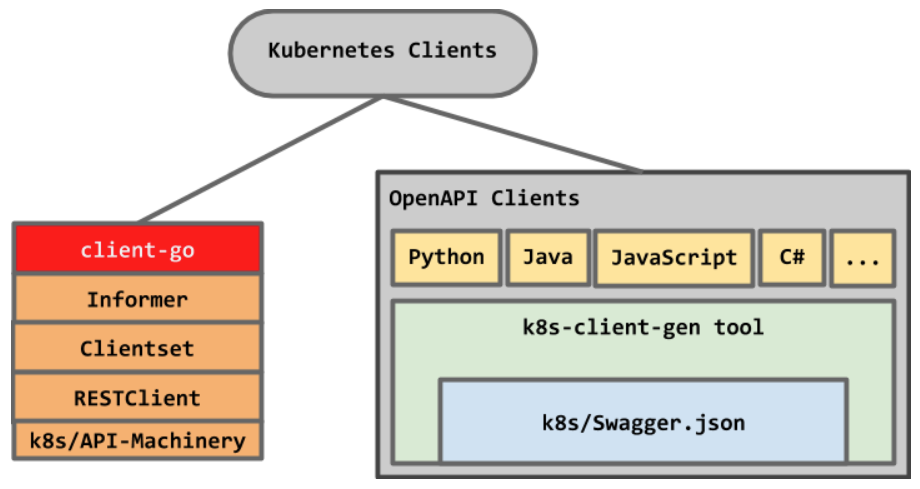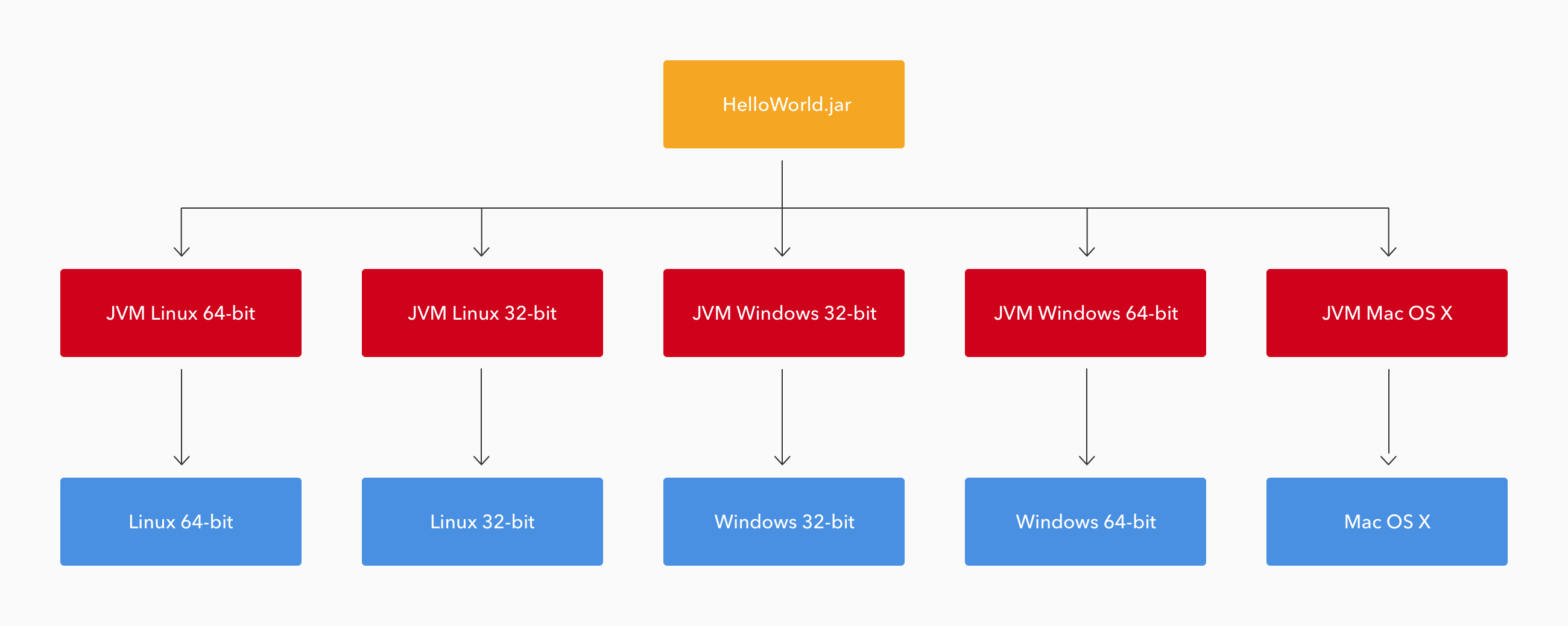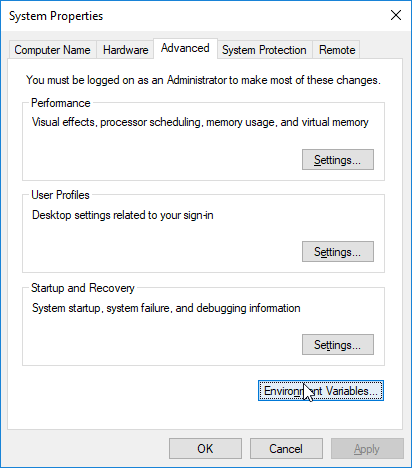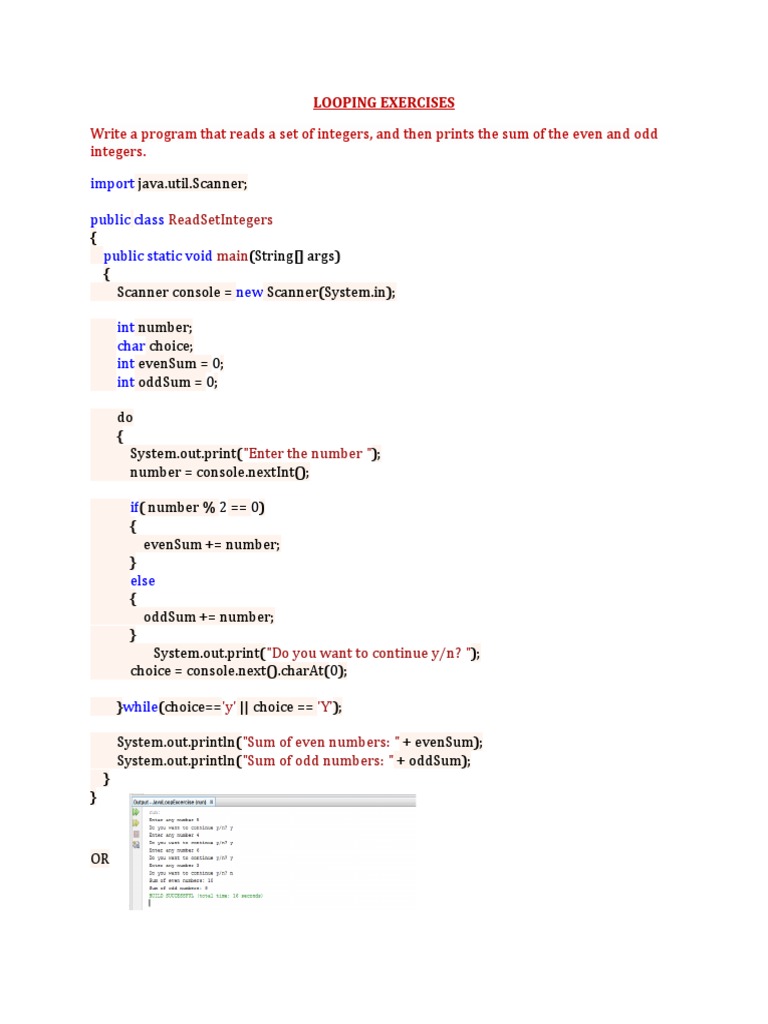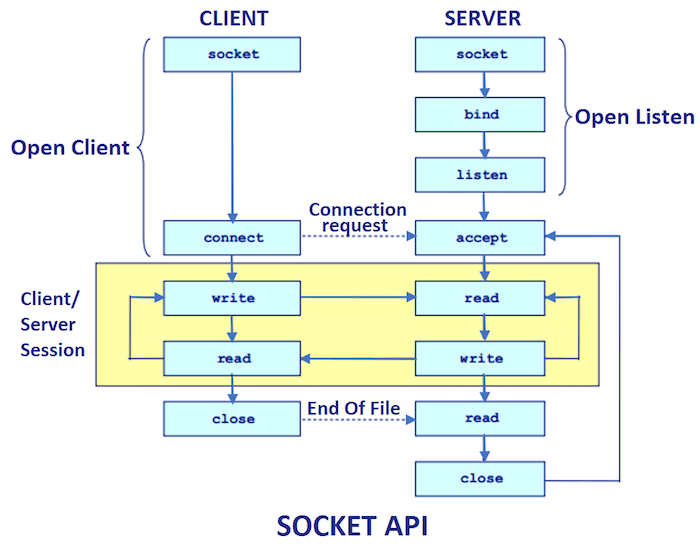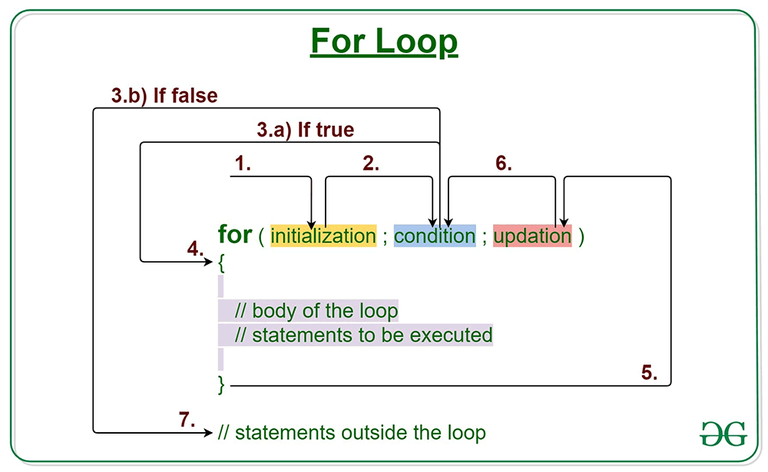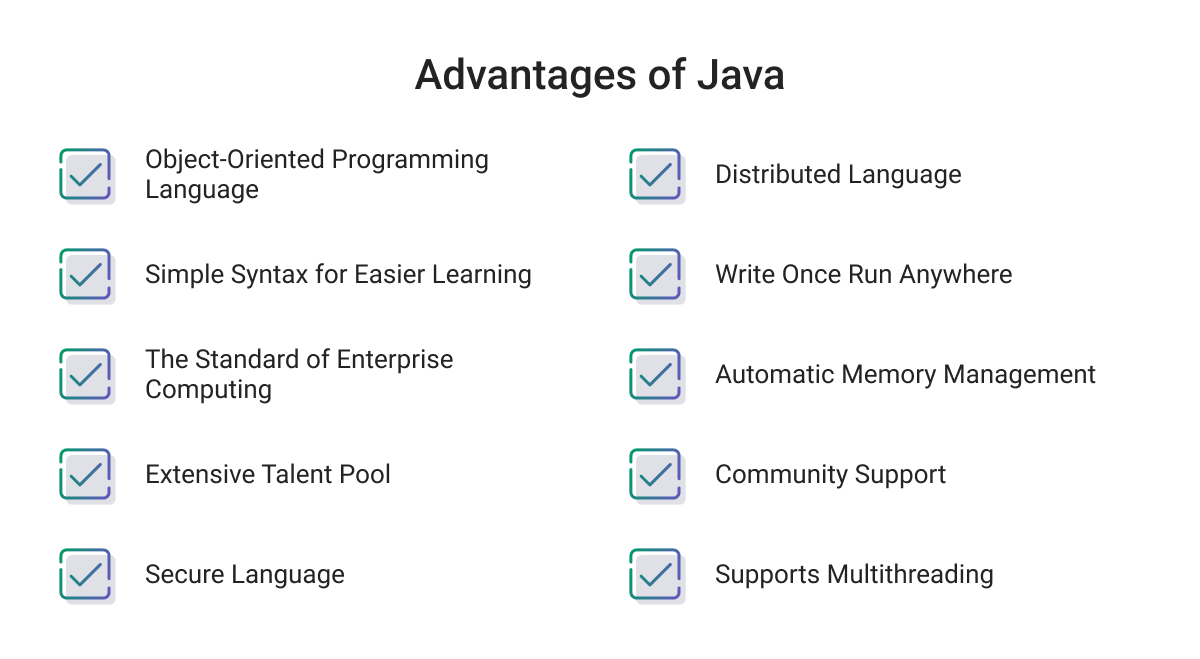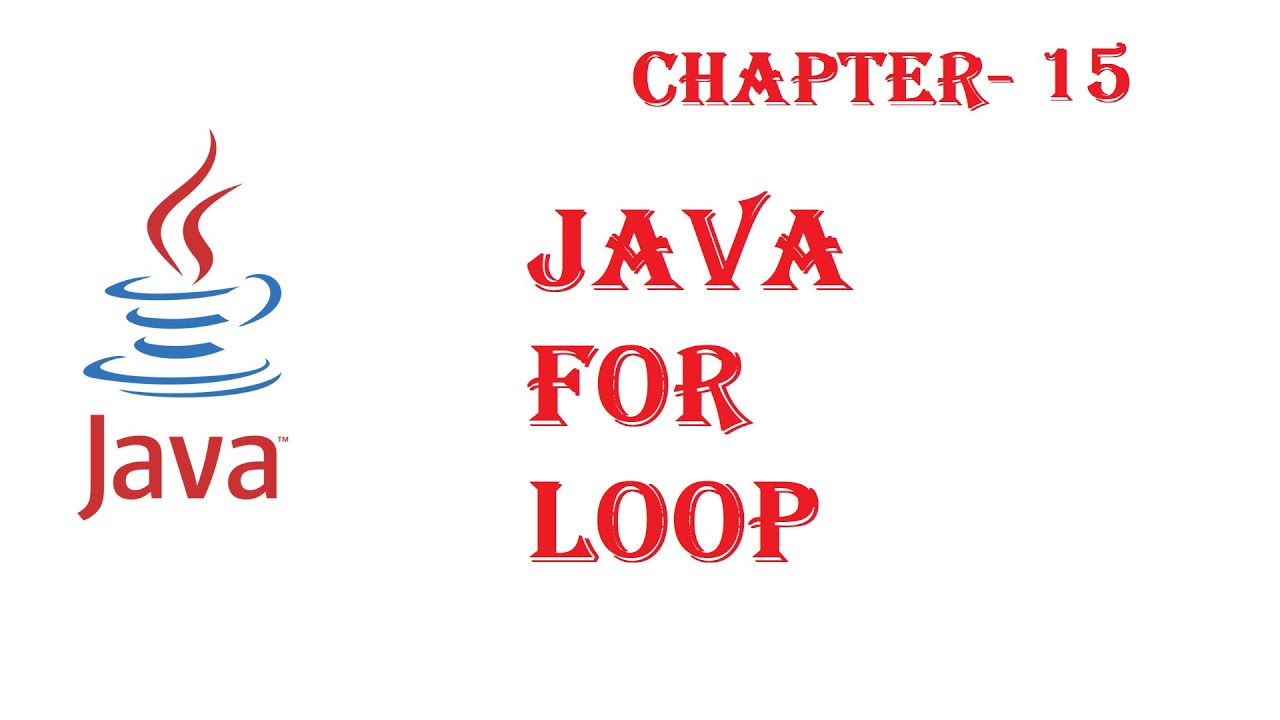java record validation
java record validation
Java Record Validation!
In Java, the java.lang.Record class provides a mechanism for immutability and pattern matching on records. A record is a type of class that can be used to store data and provide immutable views of that data.
Validating Records in Java:
To validate a record, you can create a separate class with the same name as your record but with the suffix "Validator". This class will contain methods that perform validation checks on the record. For instance, suppose we have a PersonRecord class:
public record PersonRecord(String name, int age) {// Constructor and getter setter methods
}
We can create a PersonRecordValidator class to validate the record:
public static class PersonRecordValidator {public static boolean isValid(PersonRecord person) {
if (person.name().isBlank()) {
return false;
}
if (person.age() < 0 || person.age() > 150) {
return false;
}
return true;
}
public static void validate(PersonRecord person) throws InvalidRecordException {
if (!isValid(person)) {
throw new InvalidRecordException("Invalid Person Record");
}
}
}
In this example, we have created a PersonRecordValidator class with two methods: isValid() and validate(). The isValid() method checks whether the record is valid based on certain conditions. If the record is not valid, it returns false. The validate() method calls isValid() and throws an exception if the record is invalid.
Using Record Validators:
To use this validator, we can create a test class:
public static void main(String[] args) {PersonRecord person = new PersonRecord("John", 30);
PersonRecordValidator.validate(person); // This will pass
person = new PersonRecord("", 30); // invalid record
try {
PersonRecordValidator.validate(person);
} catch (InvalidRecordException e) {
System.out.println(e.getMessage());
}
}
In this example, we have created a main() method that creates a valid and an invalid PersonRecord and uses the validator to validate them. If the record is not valid, it prints an error message.
Advantages:
Separation of concerns: The validator class provides separate validation logic from the actual data storage in the record. Reusability: You can use the same validator for multiple records with similar validation requirements. Readability: Validation logic becomes more readable and maintainable due to its separation from the data storage.In conclusion, using record validators in Java is a useful approach to separate validation logic from data storage. It helps ensure that your code is maintainable, readable, and reusable!
records in java 17
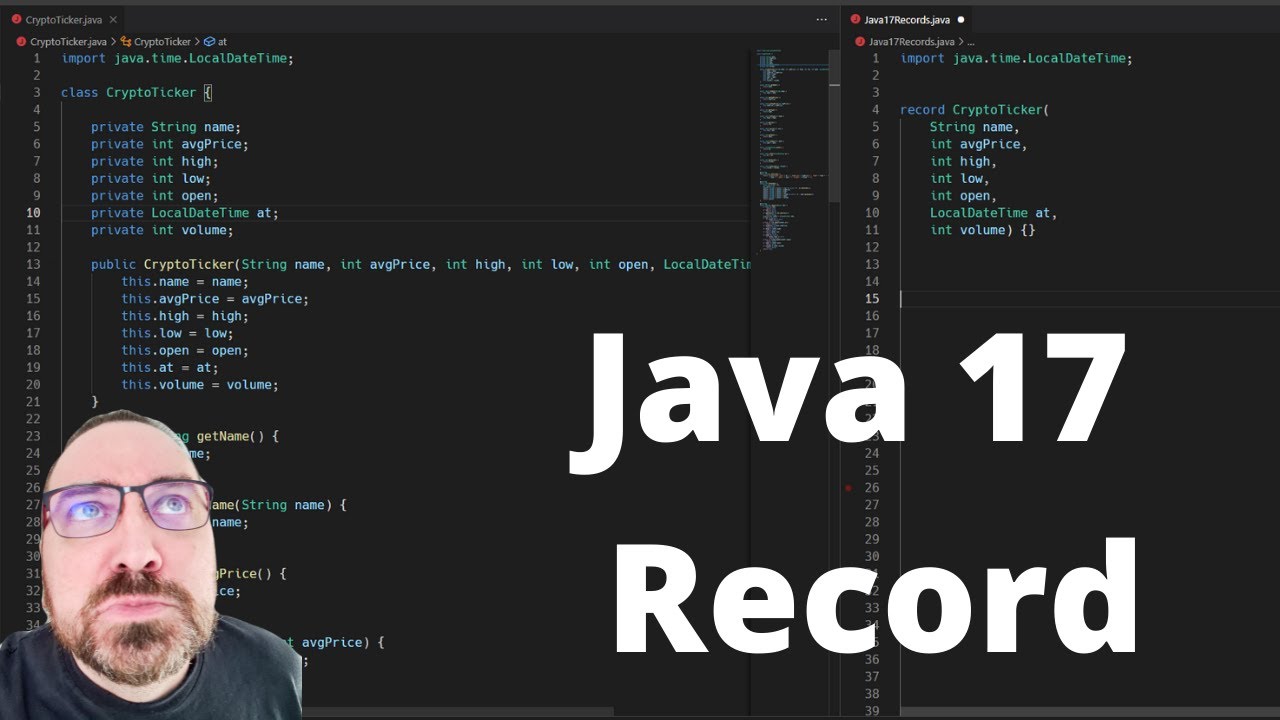
I'll respond in English as per your request.
Java 17 Record: A Game-Changer for Data Classes
Java 17, the latest version of Java, introduces a new feature called Records (part of the JEP-394). Records are designed to simplify the process of creating immutable data classes. In this response, I'll explore how records work and their benefits.
What Are Records?
Records are a type of data class that allows you to define a simple, immutable class with a concise syntax. They are meant to replace traditional getter-setter boilerplate code, making your life easier when working with small objects.
To create a record in Java 17, you simply need to use the record keyword followed by the name of the record and its components:
public record Person(String name, int age) {// constructors, methods, and fields as needed
}
In this example, we've defined a Person record with two components: name (a string) and age (an integer).
Benefits of Records
Records offer several advantages over traditional data classes:
Concise syntax: Records allow you to define your class in a single line of code, eliminating the need for getter-setter boilerplate. Immutable by default: Records are immutable unless explicitly overridden withrecord modifiers, which helps maintain data consistency and prevents accidental changes. Builder pattern support: You can use the builder method to create instances of your record using a fluent API. equals(), hashCode(), and toString() methods**: Records provide automatic implementations for these important methods, saving you time and effort.
Using Records in Java 17
Now that we know what records are, let's see how to use them in practice:
// Creating an instance of the Person recordPerson person = new Person("John Doe", 30);
// Accessing record components using getters
System.out.println(person.name()); // prints "John Doe"
System.out.println(person.age()); // prints 30
// Using the builder pattern to create a new Person instance
PersonBuilder builder = Person.builder().name("Jane Smith").age(25).build();
// Creating an instance of the Person record using the builder
Person janeSmith = builder.build();
In this example, we've created an instance of the Person record and accessed its components using getters. We also demonstrated how to use the builder pattern to create a new Person instance with different values.
Conclusion
Java 17 records are a valuable addition to the Java language, making it easier to define immutable data classes. With their concise syntax, builder pattern support, and automatic implementations of important methods, records can help you write more efficient and maintainable code. As you start using records in your projects, you'll appreciate the benefits they bring to your coding experience.
Please let me know if this response meets your requirements or if there's anything else I can do for you!
